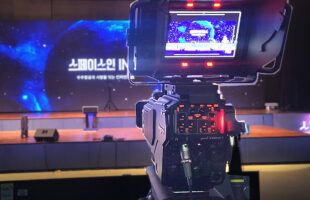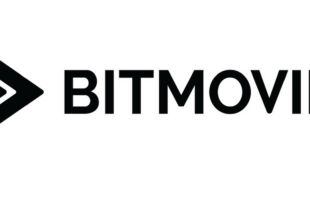
BBC Studios announced the findings of a new in-depth study into Generation Z, focused on revealing the preferences and motives of a new generation with purchase power, making it easier for advertisers to target an emerging, commercially receptive segment. The study, titled Brands, News and Gen Z, offers advertisers deeper insight into what motivates Gen Z, how this generation engages with news and what influences their decision-making process for purchases.
The study shows that despite growing up in a digital, filtered and increasingly volatile world, Gen Z is grounded, self-assured, ambitious and steadfast in their values, which align most closely with those of the boomer generation while incorporating the sensibilities of younger generations. In fact, Gen Z in APAC are an increasingly news-hungry generation; according to the inaugural Gen Z results revealed by the IPSOS Affluent Asia survey released on 27 June, affluent APAC Gen Z spends more time-consuming news on digital platforms daily, compared to millennials or older population2. And it’s authenticity they’re looking for in their news consumption – more than 60% of Gen Z place high importance on ‘authenticity’ in different areas, demonstrating the extent to which this value plays a significant role in their daily lives. This is particularly prominent in APAC where Gen Z are actually 40% more likely than average to agree that brand messages are aimed at “someone like me” when they’re engaged with branded content that they rated authentic.
Authenticity, as defined by Gen Z, is about honesty, originality, trust, and quality. The research found that Gen Z in APAC and globally consider authenticity an intrinsic part of their identity and seek out brands which demonstrate it, with APAC Gen Z 39% more likely than average to say they’re ‘very likely to purchase’ the product or brand featured in a branded content messages. In fact, 88% of APAC Gen Z respondents said that authenticity plays an influential role on their choice of brands. For Gen Z, brands aren’t just an expression of what they like, they’re an expression of what they value. They are more inclined to consume brands that are ‘authentic’, as they come closer to representing their values, beliefs, and sense of community. In fact, branded content pieces that are seen as authentic strike a much higher emotional engagement among the Gen Z audience than among the older generations, according to neuroscience and implicit response testing results revealed by BBC’s proprietary Science of Engagement tool.
Authenticity can be a strong impetus for Gen Z to switch brands, proving that it offers significant benefits, not only in brand perception, but also in increasing revenues. After the usual factors such as price, availability and previous experiences, authenticity becomes the number one criterion in choosing a brand, with 1 in 2 global Gen Zs saying they wanted their brands to be authentic.
Alistair McEwan, SVP Commercial Development, BBC News APAC, says: “This research is particularly prominent in APAC where the results show increased importance placed on authenticity by Gen Z compared to the rest of the world. We are always striving to learn more about the composition of our audience and the Gen Z cohort is an important emerging segment, and this research highlights that there are many similarities with older cohorts. These insights will help brands better understand the nuances of marketing to Gen Z and in creating effective policy settings and appropriate messaging.”
This preference for authenticity also extends to where Gen Z obtain their information, with only 18% being inspired by someone they follow on social media. Despite growing up in a digital world, Gen Z believes social media has created pressure to ‘present’, ‘perform’ and ‘perfect’, making it much harder to be authentic. For Gen Z, an authentic media brand uses credible sources (66%), fact-checked stories (63%) and is a source of information with a long, trusted history (54%).
In APAC, trust has a higher correlation with “authenticity” compared to other regions. As a result, Gen Z audiences have a high engagement with news publishers that they perceived as authentic, building lasting loyalty, advocacy and engagement, and BBC News tops their list for perceived trustworthiness and authenticity. Gen Z respondents were 33% more likely than older generations to consider a brand promoted on media platforms that they find authentic, with nearly 3 out of 4 (or 74%) of APAC Gen Z agreeing.









